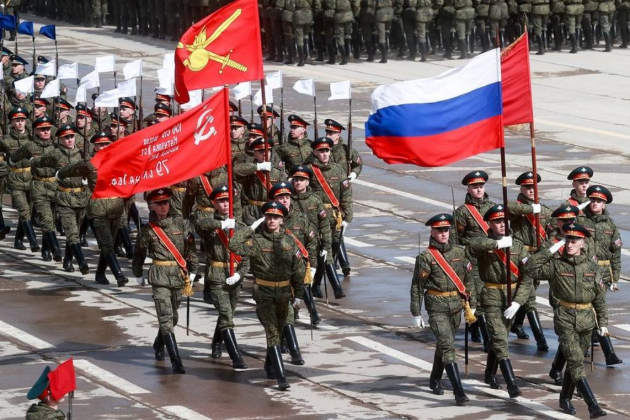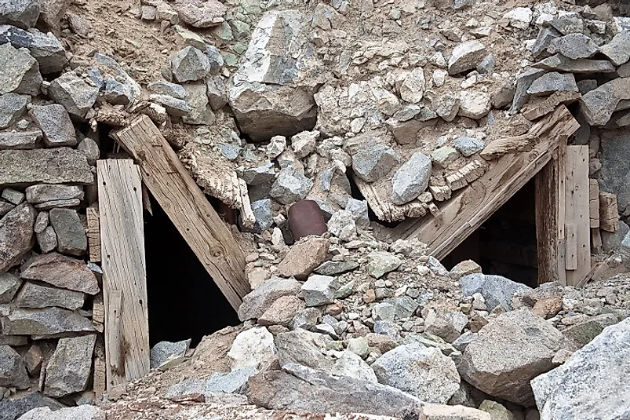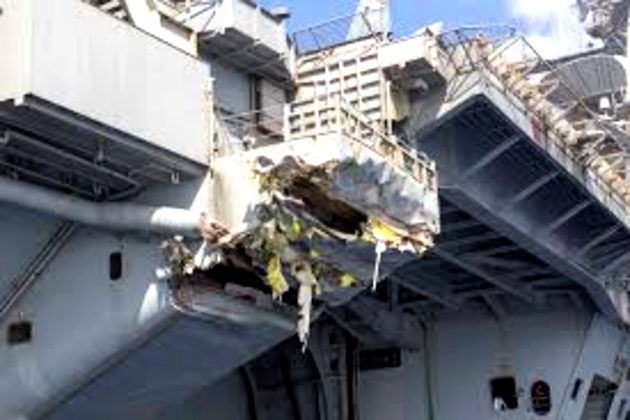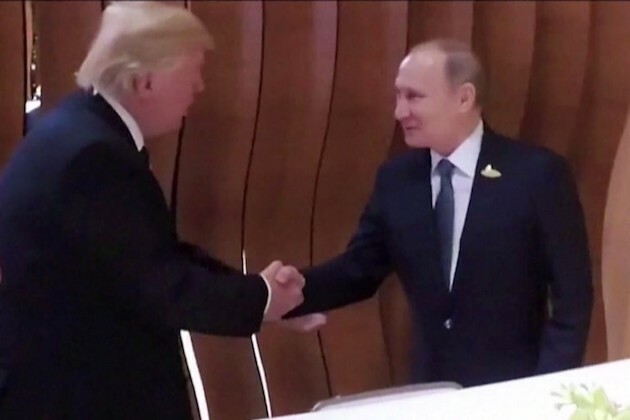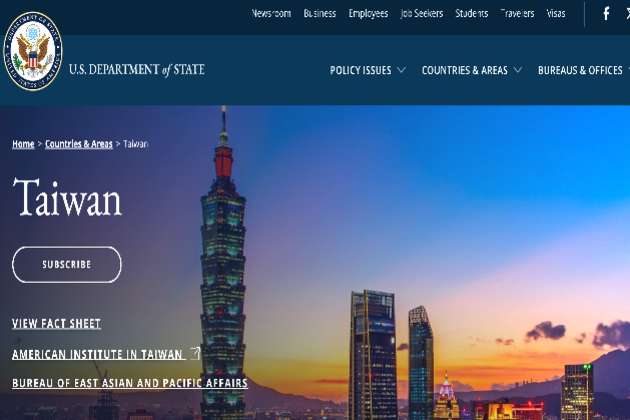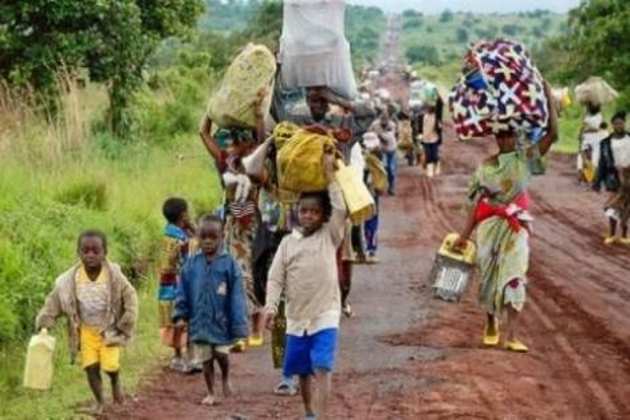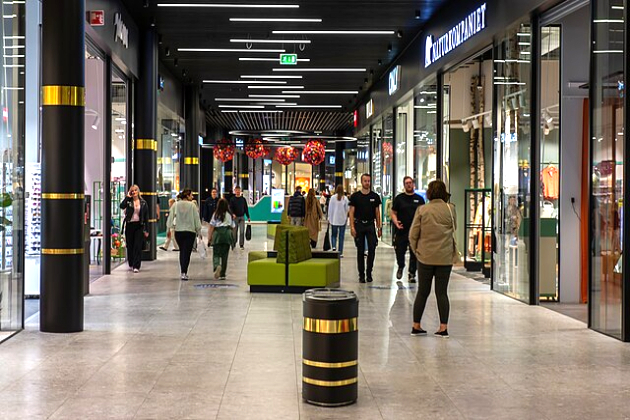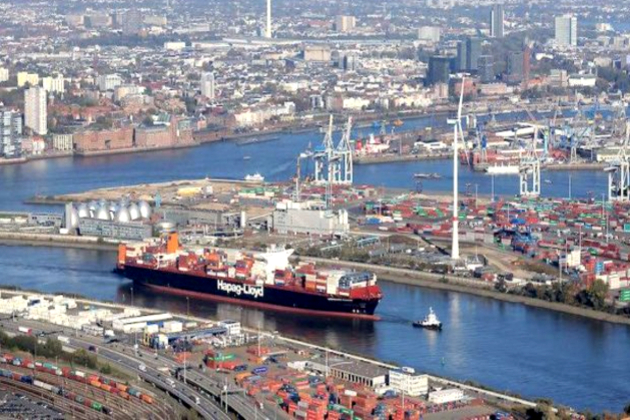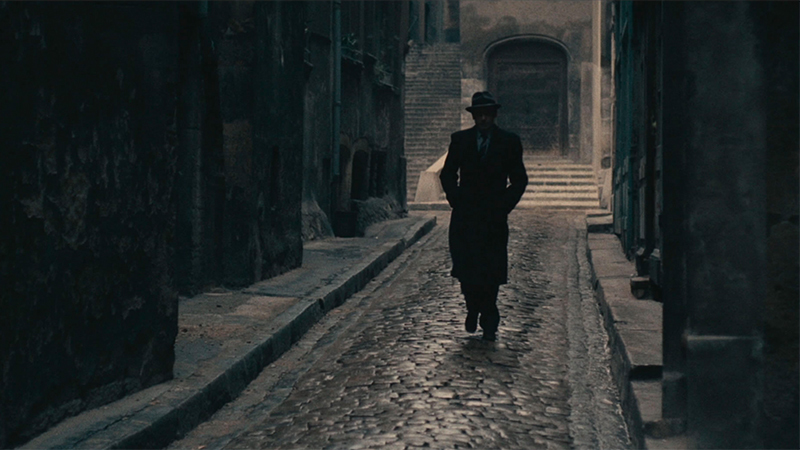Burkina Faso's Ibrahim Traore is making waves in west Africa. Who is he?
The Conversation
20 Feb 2025, 14:41 GMT+10
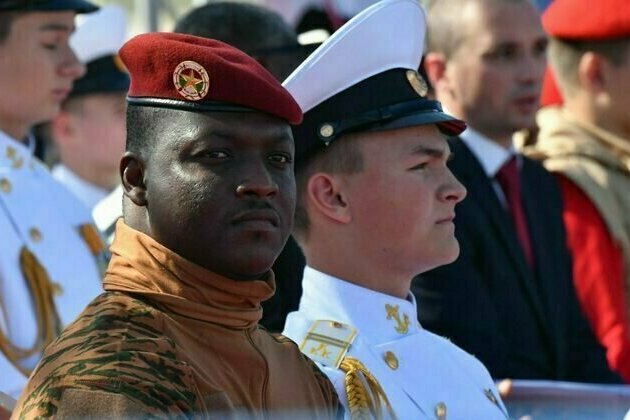
Captain Ibrahim Traore is the interim leader of Burkina Faso, having taken over the position following a coup which he led against Lieutenant Colonel Paul Henri Damiba in September 2022. The 37-year-old captain had supported Damiba, his commanding officer, in a putsch earlier that year against former president Roch Marc Kabore.
Since Traore has been in power, Burkina Faso has played a key role in the withdrawal of three west African states from the regional body Ecowas. Burkina Faso, Niger and Mali have formed an alternative, the Alliance of Sahel States. The Conversation Africa asked researcher Daniel Eizenga where the country was headed under Traore's leadership.
Traore was born in 1988 in Bondokuy, a small town on the route connecting Burkina Faso's second city - Bobo Dioulasso - and its fourth largest, Ouahigouya. He completed secondary school in Bobo Dioulasso, then moved to the nation's capital, where he studied at the University of Ouagadougou.
After completing his undergraduate education, Traore joined the army in 2010 at the age of 22. He undertook his officer training in Po at the Georges Namoano Military Academy, an officer school for the Burkinabe armed forces. He graduated as a second lieutenant in 2012 and served as a peacekeeper in the United Nations Multidimensional Integrated Stabilization Mission to Mali (Minusma) after being promoted to lieutenant in 2014.
After his stint with Minusma, Traore took part in missions in northern Burkina Faso as part of a special counterterrorism unit. He was promoted to captain in 2020 at the age of 32.
Damiba led a coup against Kabore in January 2022. He then assigned Traore as chief of an artillery regiment in the North Central region of Burkina Faso.
As it became clear that Damiba was losing popularity within the junta, Traore and a group of junior officers organised a coup. They seized on public and military outrage around an ambush that left 11 soldiers and dozens of civilians dead.
Some media reports suggest that the young captain and his junta enjoy popular support throughout the country. Some have even drawn comparisons between Traore and Burkina Faso's earlier leftist revolutionary military leader, Captain Thomas Sankara. It's true that the two captains did take power at the age of 34. But the comparisons end at their rank and age.
During the 1980s and nearing the end of the cold war, Sankara came to power as ideological division split the Burkinabe armed forces. Officers supporting Sankara led a coup in 1983. Viewed as a Marxist revolutionary, Sankara attempted to enact political reforms. They included policies to boost public political participation, empower women, address environmental degradataion and reduce inequalities.
Traore's position is much more precarious. Most military officers did not participate in either his coup or the one led by Damiba, underscoring the fragmented state of Burkina Faso's armed forces. Traore's junta has claimed there have been multiple attempts at destabilisation or coups. This highlights the arbitrary means by which power has changed hands and the inherent instability present under junta rule.
To shore up his position, Traore has launched a restructuring drive. This has included redirecting revenues from taxes, the mining sector, and other sources of public revenues into defence coffers. He has also mobilised volunteers to fight violent extremists as part of the Volunteers for the Defence of the Homeland, a junta-sponsored civilian militia. There are reports that forced conscription has been used to send "volunteers" to the front lines of battle. The conflict data indicate that the strategy is not working.
Traore may not be as popular among ordinary people as he is often portrayed. This is inferred from the violent repression of critics, multiple alleged coup attempts as well as the ongoing violence and humanitarian crisis. He has cracked down hard on independent voices. Journalists, civil society leaders, political party leaders and even judges have been targeted by the junta with its forced conscription tactics and other forms of violent repression.
The September 2022 coup d'etat got the attention of Russian foreign information manipulation and interference campaigns. The campaigns were linked to the shadowy Russian mercenary outfit, the Wagner Group. Other Russian information campaigns employed fake social media accounts that pose as Africans with a genuine interest in Burkina Faso. These accounts promote divisive rhetoric that places blame on France and other western countries for local grievances such as ongoing insecurity.
Aiming to boost support for himself immediately following the coup, Traore trained his sights on capturing the anti-French sentiment. He blamed the French for many of the country's woes and cast Damiba as a close French ally. Within a few months, Traore demanded the French withdraw its security presence from Burkina Faso altogether.
Since the French withdrawal, Russian mercenaries have been seen providing protection for Traore and reportedly supporting operations near the border with Mali. However, only some 100-300 Russian forces have gone to Burkina Faso. This suggests that the focus is on regime security for Traore and his junta.
Traore's actions have not improved the security situation in the country. There have been at least 3,059 violent events linked to militant Islamist groups since he came to power in October 2022. This is a 20% increase in comparison to two years preceding the coup. The number of fatalities linked to militant Islamist violence nearly doubled from 3,621 in 2022 to 6,389 in 2024.
The violence has also spread throughout the country to affect nearly every region and increased along Burkina Faso's southern border. It's likely that the data is under-reported.
The junta has claimed to have foiled several coup plots since Traore's power grab. A foiled plot came in September 2024 only a few weeks after the deadliest massacre the country has ever suffered. Violent extremists killed hundreds of civilians outside the town of Barsalogho. Civilian fatalities linked to militant Islamist groups have increased from 721 in 2022 to 1,151 deaths in 2024.
Perhaps more worrying are the civilian fatalities linked to the military or its sponsored militia.
The violence in Burkina Faso presents an alarming outlook in which the collapse of the country cannot be ruled out. The military has reemerged as the principal political actor. By some counts the military has been directly or indirectly in power for 45 of the 65 years since Burkina Faso became independent.
All the while, the militant Islamist insurgency embroils more and more of the countryside at great human cost. Some estimates place the number of people displaced by violence as high as 3 million, though the junta will not provide an official figure. That is more than 10% of the population of some 24 million people. Another million or more students may not be in school due to conflict and ongoing insecurity.
Despite the effort to present Traore as a bold reformer and saviour, the political, security and economic ramifications from his junta rule will reverberate through Burkina Faso for decades to come.
 Share
Share
 Tweet
Tweet
 Share
Share
 Flip
Flip
 Email
Email
Watch latest videos
Subscribe and Follow
Get a daily dose of Africa Leader news through our daily email, its complimentary and keeps you fully up to date with world and business news as well.
News RELEASES
Publish news of your business, community or sports group, personnel appointments, major event and more by submitting a news release to Africa Leader.
More InformationInternational
SectionEurope faces hard choices amid rising threats, warns French FM
MUNICH, Germany: Speaking at the Munich Security Conference, French Foreign Minister Jean-Noel Barrot warned that Europe must brace...
Mine collapse in western Mali kills at least 43, mostly women
BAMAKO, Mali: A tragic mine collapse in western Mali, West Africa, has claimed the lives of at least 43 people, mostly women, an industry...
US Navy confirms collision of aircraft carrier near Egypt
WASHINGTON, D.C.: The U.S. military operates 11 aircraft carriers, and any serious damage that forces one out of service could put...
Zelensky sidelined as Trump takes Putin position on war
As we approach the third anniversary of the Russian invasion of Ukraine, a monumental shift is taking place that might just lead to...
US State Department alters website wording on Taiwan independence
TAIPEI, Taiwan: The U.S. State Department has revised its official website's fact sheet on Taiwan, removing a previous statement that...
UN warns of worsening humanitarian crisis in eastern Congo
GENEVA, Switzerland: The humanitarian crisis in eastern Congo is worsening, with around 350,000 displaced people left without shelter...
Business
SectionMicrosoft makes $700m investment in Poland’s cybersecurity
WARSAW, Poland: Microsoft has announced a major new investment of $700 million in Poland to strengthen the country's cybersecurity...
December sales growth in US revised up to 0.7% from 0.4 %
WASHINGTON, D.C.: Retail sales in the U.S. fell by the most in nearly two years in January, likely due to cold weather, wildfires,...
Standard and Poor's 500 closes at new all-time high
NEW YORK, New York - U.S. stocks moved modestly higher on Wednesday with the Standard and Poor's racking up a new all-time closing...
Bundesbank chief warns US tariffs could hurt Germany for years
FRANKFURT, Germany: Germany faces significant economic risks from potential U.S. trade tariffs, which could dampen growth for years...
Italy’s Termoli plant shifts from EV batteries to hybrids
MILAN, Italy: Stellantis announced this week that it will begin producing hybrid vehicle components at its Termoli plant in southern...
Amazon workers in North Carolina reject union, victory for retailer
RALEIGH, North Carolina: Amazon workers in North Carolina voted against joining a union, giving a big win for the company, which has...

